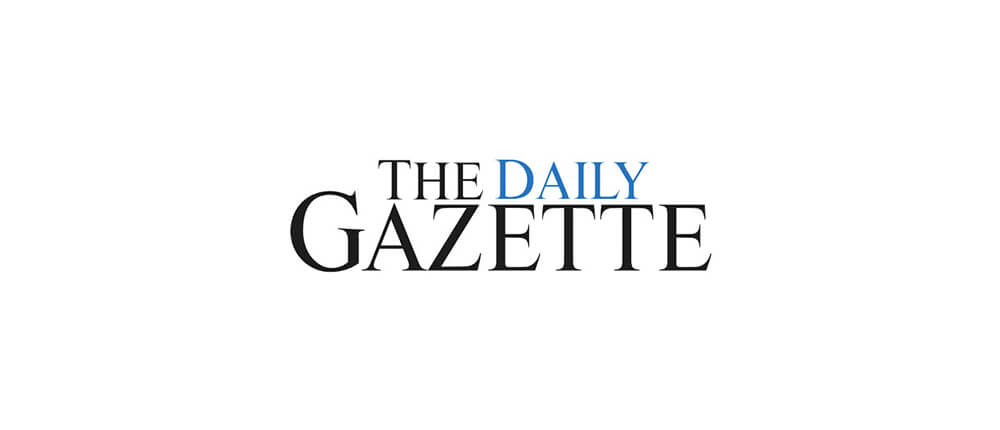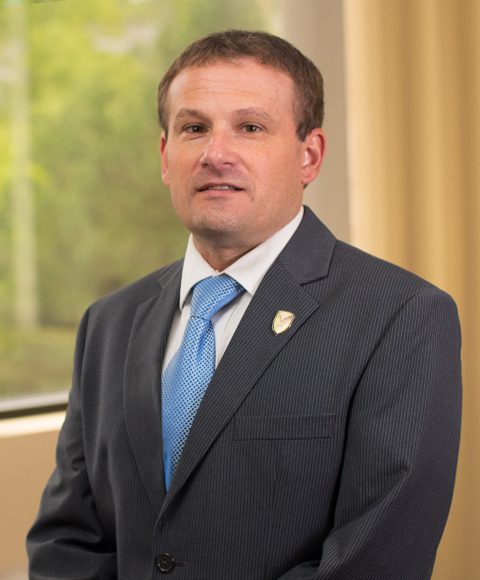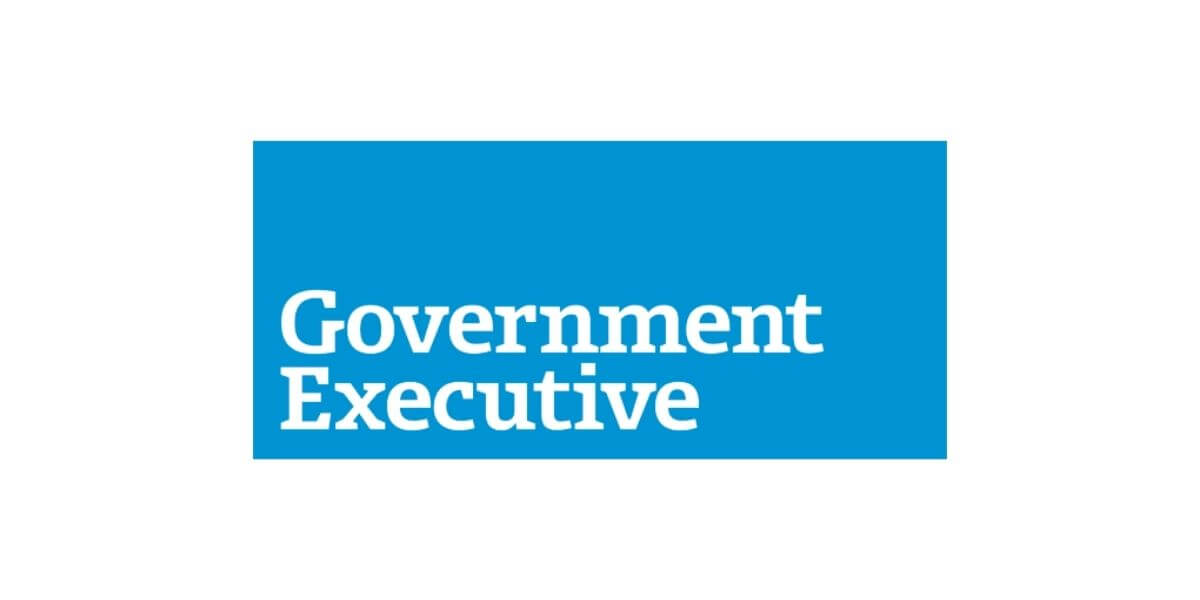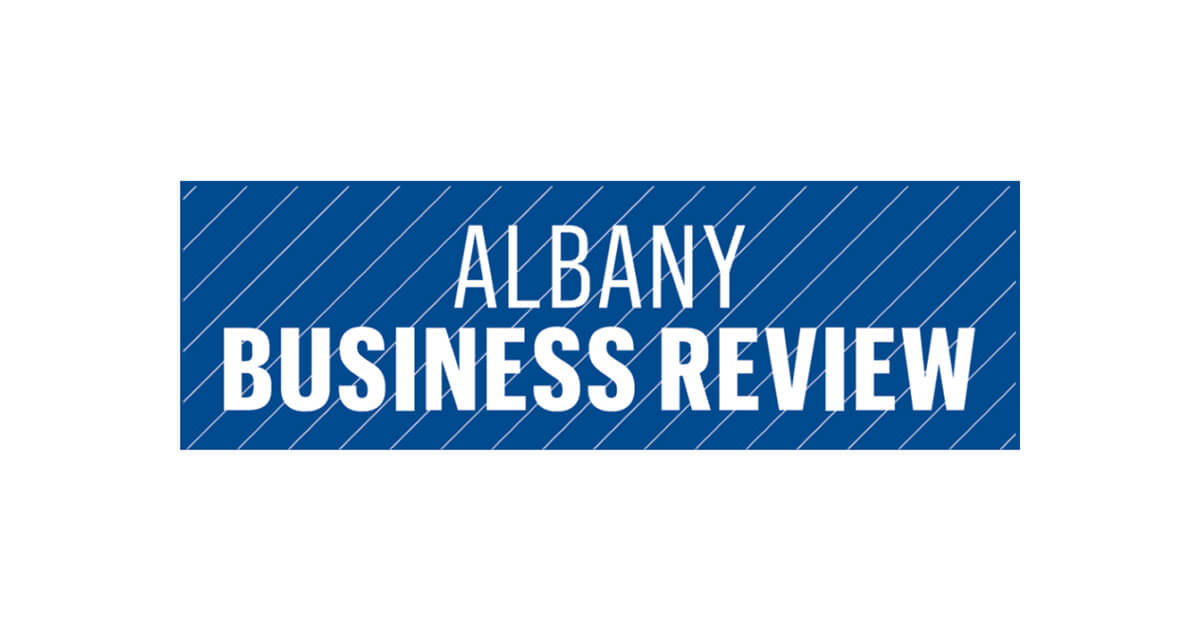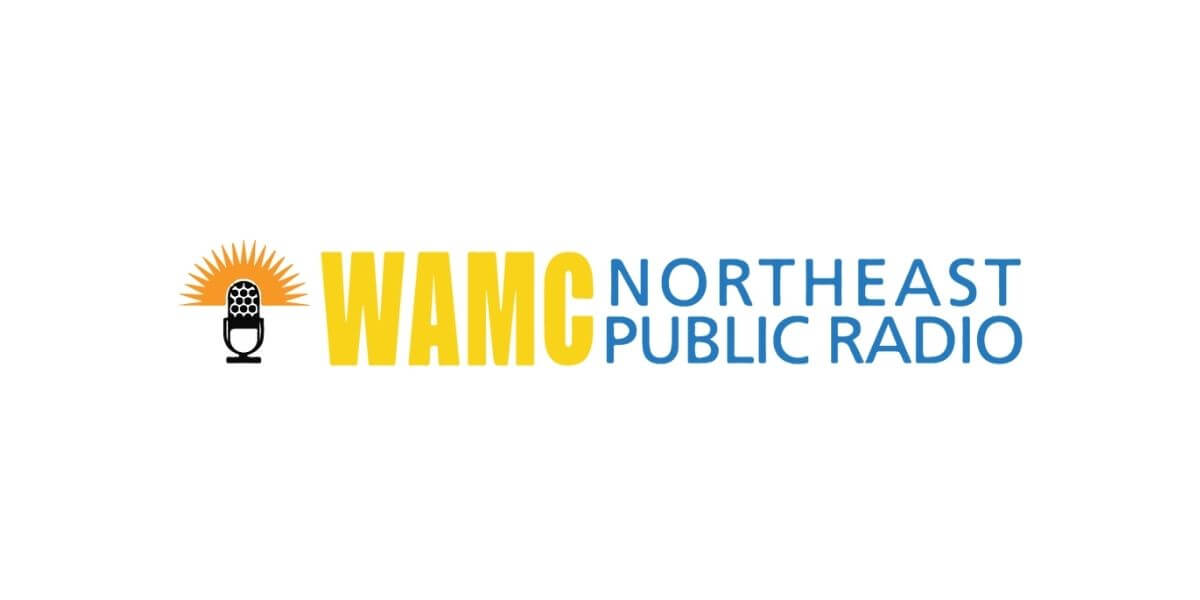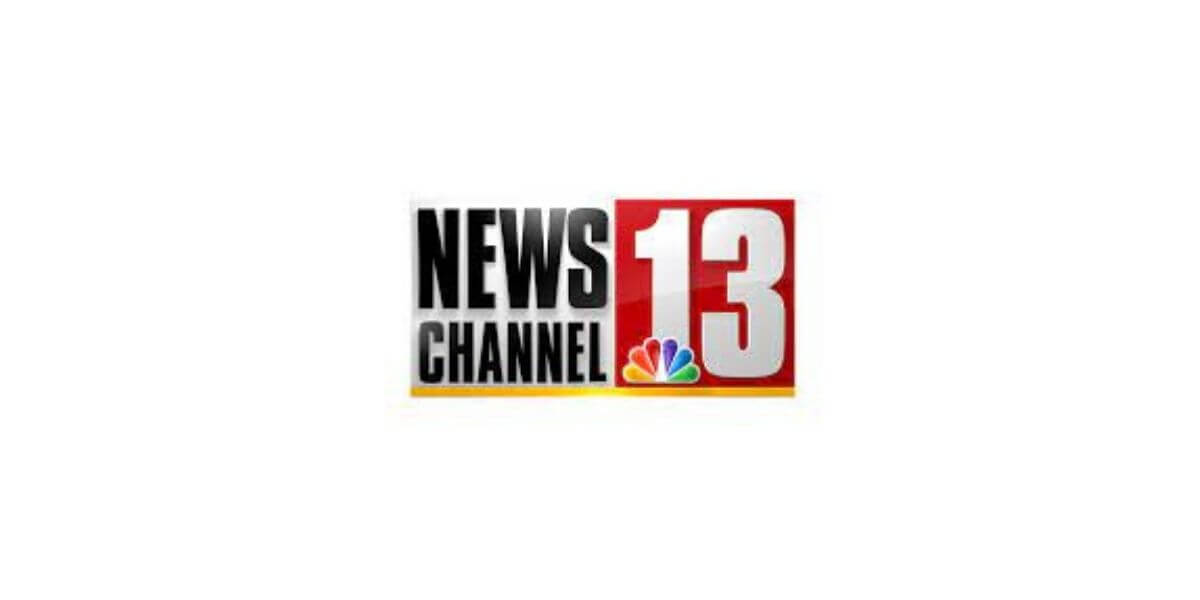NEW YORK — Gov. Andrew Cuomo declared a gun violence disaster emergency Tuesday, promising a sweeping array of community-based initiatives to reduce the rash of shootings in some of New York’s cities in the last year.
Most of these incidents have been in New York City and a few other municipalities across the state, and many have involved Black and brown victims — 68% statewide and 77% in New York City, he said.
The racial divide prompted Cuomo to call gun violence a civil rights issue, and the number of incidents led him to declare that addressing it is a moral imperative.
The governor’s multipoint strategy ranges from jobs programs to police reform to getting guns off the street. He did not propose harsher penalties for those doing the shooting, many of whom also are Black and brown.
Cuomo also did not call for stronger gun control, saying that New York already has the strictest gun laws in the nation.
He did, however, sign into law a measure creating civil liability for gun manufacturers, wholesalers and retailers determined to have manufactured, marketed, imported or sold firearms irresponsibly. Private individuals, companies, cities and the state itself can now sue the gun industry for damages.
If the new law withstands the expected legal challenges from the firearms industry and gun rights’ advocates, its vague and broad wording could open the gun industry to extensive and expensive litigation.
Assembly Member Pat Fahy, D-Albany, sponsored the legislation in the Assembly and she joined Cuomo at John Jay College of Criminal Justice as he signed the measure Tuesday. In a written statement, she said:
“For far too long, most guns recovered from violent crimes and shootings in New York are trafficked in from out-of-state, yet the gun industry in the United States enjoys special protection from civil liability under a 2005 federal law known as PLCAA. Passing this landmark legislation will allow gun manufacturers and distributors, who knowingly use bad actors to market their products, to be held civilly liable for the damage they cause on our streets.”
PLCAA — the Protection of Lawful Commerce in Arms Act — has shielded gunmakers from the kind of liability that has resulted in litigation that has costed the tobacco, automobile, opioid and other industries billions and triggered reforms, advocates pointed out
PANDEMIC TO EPIDEMIC
Cuomo cast his executive order declaring the gun violence disaster emergency as a segue from his recently ended COVID-19 disaster emergency order.
The numbers are very different: There were 43,000 or 53,000 COVID-related deaths in New York in the last 16 months, depending on data source, compared with a combined 923 people fatally shot statewide in 2017-2019.
But many more people sustain non-fatal gunshot wounds, particularly in the last year. These shootings are happening disproportionately in the communities of color that also bore a disproportionate impact of the pandemic, Cuomo stated.
“Gun violence is a major civil rights issue today,” he said. “Gun violence is hitting the Black and brown communities hardest and it’s compounding the damage of COVID.”
Cuomo laid out a two-pronged approach: a long-term community-based prevention strategy and a short-term need to acknowledge that this is an emergency requiring the state to lead a response.
He called for the following broad strokes:
• Treat gun violence as a public health emergency.
• Target the hotspots of gun violence.
• Engage at-risk youth in a positive manner.
• Break the cycle of escalating violence.
• Get guns off the street.
• Get guns out of the wrong hands.
• Rebuild police-community relationships.
In essence, Cuomo wants to do to gun violence what the state did to the COVID virus: root it out and eliminate it.
There are obvious parallels but also major differences. Cuomo himself noted a very small number of people in a few small urban areas are accounting for the majority of shootings in New York state.
He joked about building a big, beautiful wall along New York’s border to keep guns out, a la President Trump on the Mexican border.
But Cuomo made no mention of targeting the very small number of young gunmen on city streets for arrest, prosecution and incarceration, a sensitive subject for progressive-minded Democrats and likely also for the mostly Black audience at his announcement Tuesday.
As he pointed out that most gunshot victims in New York City are Black or Hispanic, he made no mention of the race of those who’d shot them.
And he did not speak out against the movement in some of the higher-crime communities to shrink police departments.
SOLUTIONS OFFERED
Instead, Cuomo suggested counseling gang members after they’d survived a shooting, in an attempt to discourage them from seeking revenge with more gunfire. Shootings in the area of Jacobi Hospital in the Bronx declined by more than half after such an initiative was launched there, he said.
He also called for an increase in career training so that young adults will see a future other than violence, and announced $59 million in funding to train 21,000 of them. Summer job programs are known to reduce crime, he said, and were halted due to COVID in 2020, around the same time gun violence started to increase.
Other decisions and proposals offered Tuesday by Cuomo:
• Create a gun violence prevention office within the state Department of Health.
• Form a council to come up with and study ideas for prevention.
• Create sports, arts and training programs, and triple the funding for them within gun violence hotspots.
• Form a state police unit to stop guns from crossing the border, because 74% of guns used in New York crimes were purchased out of state.
• Bar people with active arrest warrants from buying a gun in New York state.
• Simultaneously reimagine and reform policing in New York state.
• Ask John Jay to share the best of the reform proposals from around the state to further a bold vision of police reform.
As he called for attacking gun violence with the same intensity as COVID, Cuomo undercut the idea that gun violence is concentrated in just a few communities, and is not a statewide problem.
“Don’t tell me it’s about someone else, it’s about other people, it’s about Black people, it’s about brown people. This is about you. This is your Black brother, your Black sister, your brown brother, your brown sister, your city, your state. We are one, it’s all part of the community.”
The state Republican Party didn’t invoke race but wasted no time in attacking Cuomo’s initiative. In a statement, Chairman Nick Langworthy said the solution to gun violence was voting the Democrats who control all aspects of state government out of office:
“What did Cuomo think would happen when he let all the dangerous criminals back onto the streets? We have a public safety crisis that has been created by Democrats who handcuff and villainize police, while coddling violent career criminals by eliminating bail, loosening parole and allowing them free rein in our communities.”
Attorney Greg Rinckey, whose Colonie law firm Tully Rinckey often represents people denied pistol permits or arrested on gun charges, said the proposal sounds good but was too short on specifics.
“Unless you really do something that gets guns off the streets, that’s a problem,” he said.
Engaging with the youths responsible for the bulk of the violence is a great idea, but there also needs to be more police where the violence is happening, he said.
The gun liability legislation that Cuomo signed Tuesday is equally broad and non-specific, Rinckey added.
It won’t fall to his firm to defend the gun industry from civil litigation, but the new law is an open door to such lawsuits, he said.
State Attorney General Letitia James said Tuesday she looked forward to enforcing the new law, which defines gun violence as both a public nuisance and public health crisis.
“I stand ready to defend it against all legal challenges,” she said.
